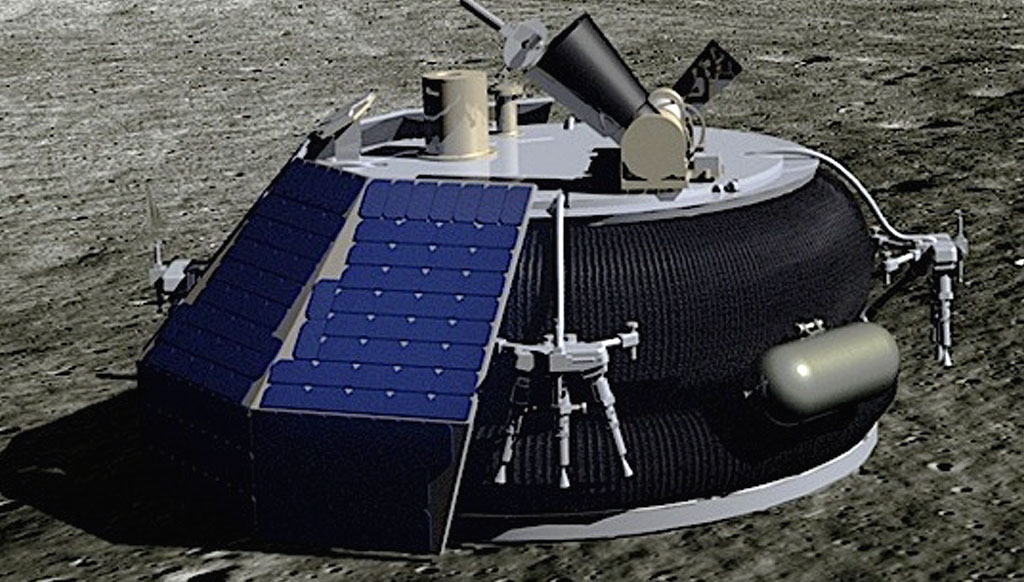
And now begins the age of private travel to the moon. US startup company Moon Express has received approval from the US government to send an unmanned lander to the moon in 2017, in a first for private industry. Moon Express received the green light following in depth consultations with the FAA, the White House, the State Department, NASA and other federal agencies. The trip is estimated to cost $25 million and promises to be the most expensive private travel venture of all time. Moon Express is the first company to seek and receive approval to do business beyond near-Earth orbit. “We are now free to set sail as explorers to Earth’s eighth continent, the moon, seeking new knowledge and resources to expand Earth’s economic sphere for the benefit of all humanity,” stated Bob Richards, co-founder and chief executive of Moon Express. Based in Cape Canaveral, Florida, Moon Express was founded in 2010. It has yet to finish its moon lander (called MX-1), which will be carried in late 2017 by a rocket made by Rocket Lab, another startup. “The sky is not the limit for Moon Express – it is the launchpad,” said co-founder Naveen Jain, describing the government approval as “another giant leap for humanity.” The company’s goal is to develop low-cost spacecraft and to explore the resources on the moon, he said. “In the immediate future we envision bringing precious resources, metals and moon rocks back to Earth.” What the Moon Express is looking at right now is the Google Lunar X-Prize of $30 million. To win, a private company would have to land a probe on the moon, have it travel at least 500 meters on the lunar surface and transmit HD video from said surface back to Earth. If Moon Express is able to clinch this, they would be getting a 20% return on the initial investment. But that’s not all: the company is also considering providing their services to transport human ashes for $3 million per kilogram. Now that’s really something!










